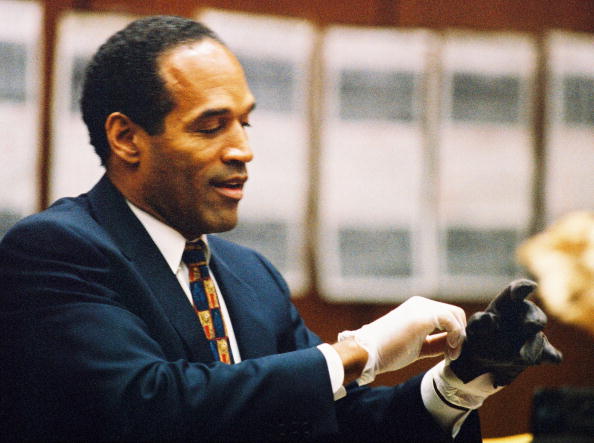Congressman George Kenneth Butterfield, better known as G.K. has served the first district of North Carolina in the United States Congress since 2004. Here is a NewsOne Exclusive interview:
Jonathan Weiler: I’m here with Congressman GK Butterfield of the first district of North Carolina and Congressman Butterfield I wanted to thank you for a few minutes of your time. I wanted to start by asking you to describe the demographics of your district.
Congressman Butterfield: I have 23 counties east of Raleigh. We’re the poorest district in North Carolina and the 15th poorest district in the nation and so we have some real challenges. Our district is racially diverse: it’s about 48% white, 48% black and 4% other. We’re losing jobs in North Carolina and there are many reasons for that. The Bush policies have encouraged companies to take jobs overseas and we’re feeling the brunt of that in eastern North Carolina. The other reason is that we don’t have the infrastructure – businesses look at the infrastructure and see that we cannot provide the water and the sewer that they need and so they take their jobs elsewhere and the reason we don’t have the infrastructure we need is because the federal government does not have the funds to invest in rural America. And you know why – our money is going to Iraq, and we have recklessly engaged in deficit spending over the last eight years and rural America is paying a price for it.
JW: If I can ask a follow-up about that: these problems in rural America, are they not longer term trends going back a few decades? Have you seen a considerable deterioration just since 2001?
Congressman Butterfield: There is no question that rural America has been suffering for a long time. It didn’t just start eight years ago. But, I can tell you that it’s been exacerbated over the past eight years. Thirty percent of my district have no health care. Thirty percent of my children under the age of five live below the poverty line. 21% of our senior citizens live in poverty. So, these have been long-standing problems but they have gotten worse. If we can spend ten billion dollars a month on the war in Iraq, we can probably spend 1 billion a month supporting poor people.
JW: OK, so let me ask you, thinking about the fall election and Obama’s chances in North Carolina, do you think the state is in play and, if the election turns for Obama in North Carolina, what issues do you think will put him over the top?
Congressman Butterfield: Well, I start with the assumption, the proposition, that the state is in play for Obama but I must be honest with you – if the election was held today in North Carolina, I don’t think Senator Obama would win. Our challenge over the next few weeks is to take the Obama message directly to the undecided voters in North Carolina and demonstrate to them that Barack Obama speaks to their dreams and their security. Right now we are struggling to get our message out. But, it will happen. 22% of NC voters are independent voters…and we’re going to reach out to independent voters and persuade them that John McCain is simply a continuation of the same past policies and practices and Senator Obama represents the future and represents taking this country in a new direction.
JW: On that score, and thinking about your district in particular and your white voter – you talk about those policies that are hurting rural America, but are those white voters, and I know white voters don’t all think alike, but are those white voters conservative voters? Are the “values” messages – guns, abortion, gay marriage, still resonating with them in spite of what’s happening economically in your district?
Congressman Butterfield: Yes, we have many white conservative voters in the first district and they are genuinely conservative. It’s not racist…it’s a genuine conservatism in my district and they want to know that Senator Obama will not change the values that they hold so dear. They have a right to possess a gun to do things that are in keeping with the law. But, my white voters are going to look at Senator Obama and Senator McCain and look at these two men and make an informed decision. Our polling suggests that it’s a bit more difficult with white males than with white females. White females are more willing, at this point, to be flexible. White males need strong evidence that Sen. Obama will speak to their needs. And, that’s what campaigns are all about and we are ready for the challenge. So, we’re trying to register 120,000 new Democratic voters in North Carolina. We’re well on our way to doing that. We’ve got a long way to go but we’re going to get there. We’ve got a core of volunteers on the ground in NC, the likes of which I have never seen before and I have been involved in state campaigns since 1968;… these volunteers are intelligent, they’re committed, they’re aggressive and they’re on the ground getting the job done. So, this is American democracy at work and it’s an exciting time.
JW: Thanks so much Congressman Butterfield.
Congressman Butterfield: Alright.
As a quick follow-up, though he did not know the precise figures, when I asked him whether the percentage of African American children under five in his district lived below the poverty approached fifty percent, he said yes. His district’s poverty clearly weighs on him.
















